PGL Major Antwerp 2022 will be the first of two Counter-Strike: Global Offensive majors in the year 2022. The event, running from May 9-22, will bring the best CS:GO teams in the world together in Antwerp, Belgium as they compete for $1 million and the title of major champions.
The Regional Major Ranking events that decide major qualification have already concluding, meaning all of the teams are already locked in. Upsets and miracle runs are already well underway, but for the most part fans can be sure all the best teams in CS:GO will be in attendance.
PGL Major Antwerp will be broken into multiple stages, all of which are played on LAN. However, only the playoffs will be held in the vaunted Antwerps Sportpaleis arena in front of thousands of fans. The other legs of the event will take place in a studio environment.
Anyone looking to watch broadcasts of the PGL Major Antwerp can tune in via English-language streams on Twitch, YouTube or Steam. A secondary broadcast will also be available at certain points in the event at the following links: Twitch, YouTube, Steam.
PGL Major Antwerp 2022 format
CS:GO fans who watched PGL Major Stockholm 2021 will already be acquainted with the format for the tournament. PGL Major Antwerp 2022 will be divided into three stages: Challengers stage, Legends stage and Champions stage (playoffs).
In the Challengers stage, all the teams who qualified with Challengers and Contenders status (see below) will face off head-to-head. From May 9-12, the 16 teams will play through a Swiss format where every team needs either three wins to advance or three losses to be eliminated. Matches will be best of one except elimination/advancement matches, which will all be best of three. Team seeding decides initial matches. The top eight teams will move on to the Legends stage and the bottom eight will be eliminated.
The Legends stage, from May 14-17, will play out exactly the same. The eight teams from the Challengers stage will join the pool with the eight teams with Legends status for another Swiss bracket. By the end of the stage, the remaining eight teams will head to the Champions stage.
In the playoffs, things are a little different. From May 19-22, teams will play all their matches as bo3s in front of the crowd. Instead of a Swiss bracket, everything will be single elimination with seeding decided by the final rankings of the Legends stage. The last team standing will receive $500,000 and the title of major winners.
The teams
Legends:
- Heroic
- Copenhagen Flames
- BIG
- Cloud9
- FURIA Esports
- FaZe Clan
- Ninjas in Pyjamas
- Natus Vincere
Challengers:
- ENCE
- G2 Esports
- forZe
- Astralis
- Team Vitality
- MIBR
- Imperial Esports
- Bad News Eagles
Contenders:
- Eternal Fire
- Team Spirit
- Outsiders
- Complexity Gaming
- IHC Esports
- Renegades
- Team Liquid
- 9z Team



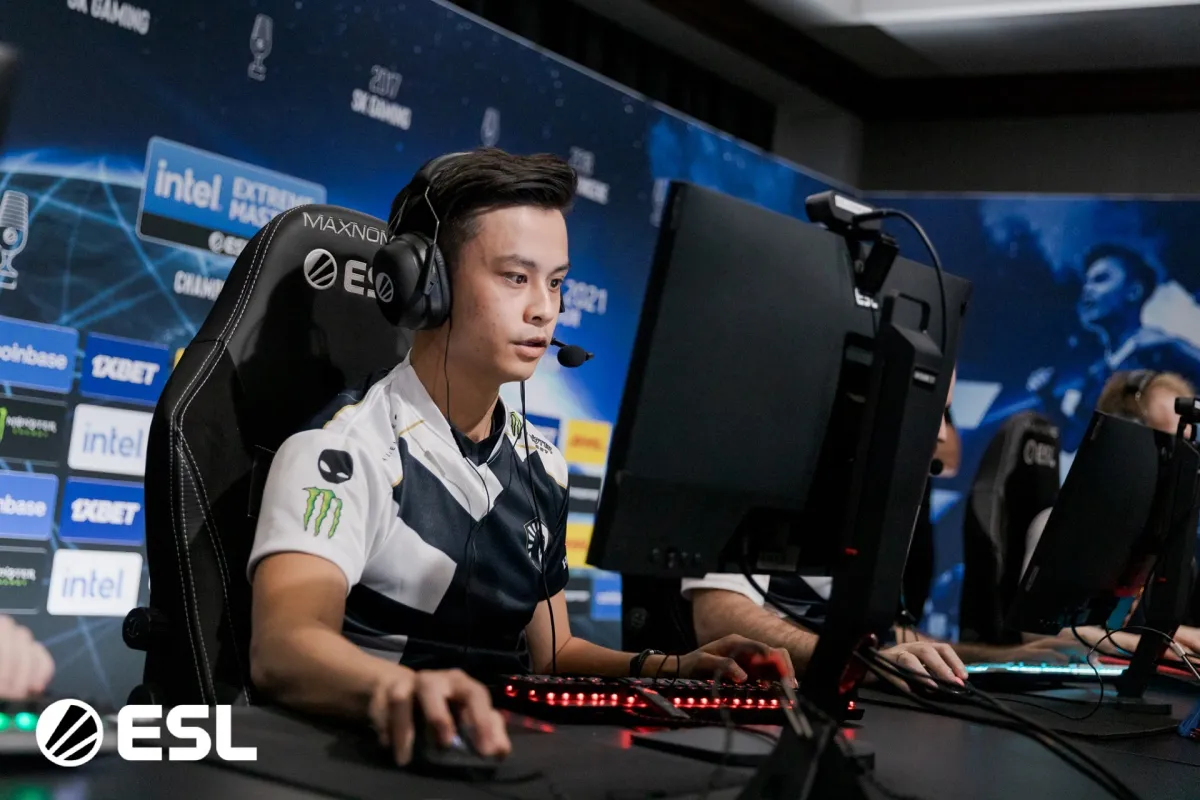
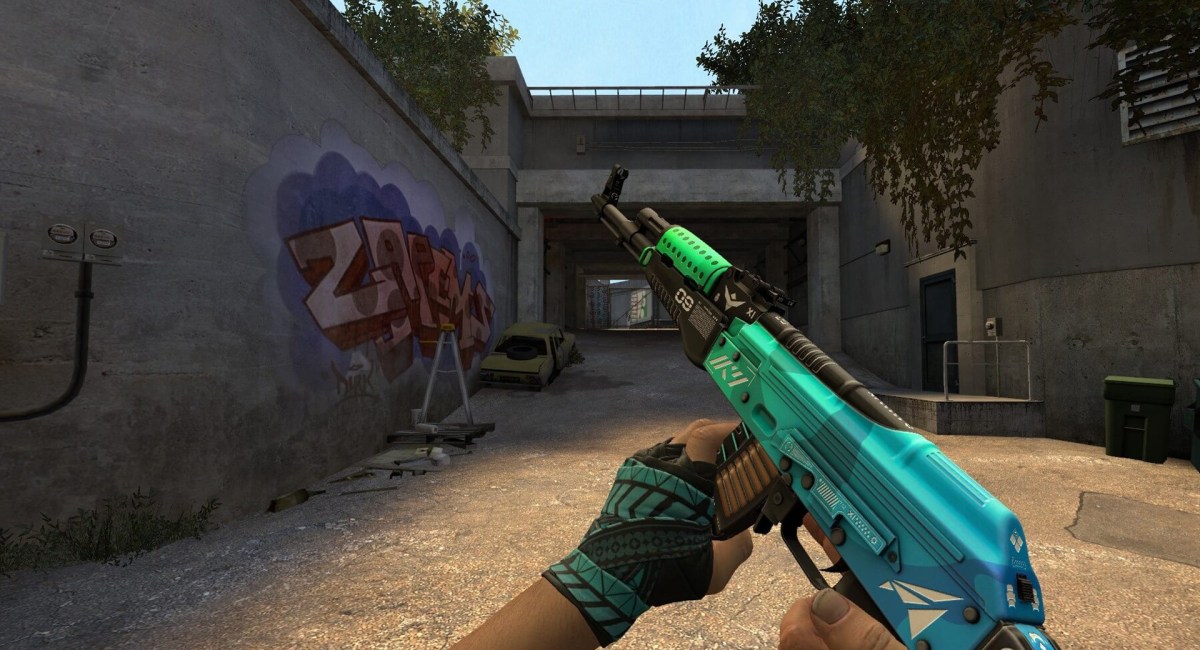
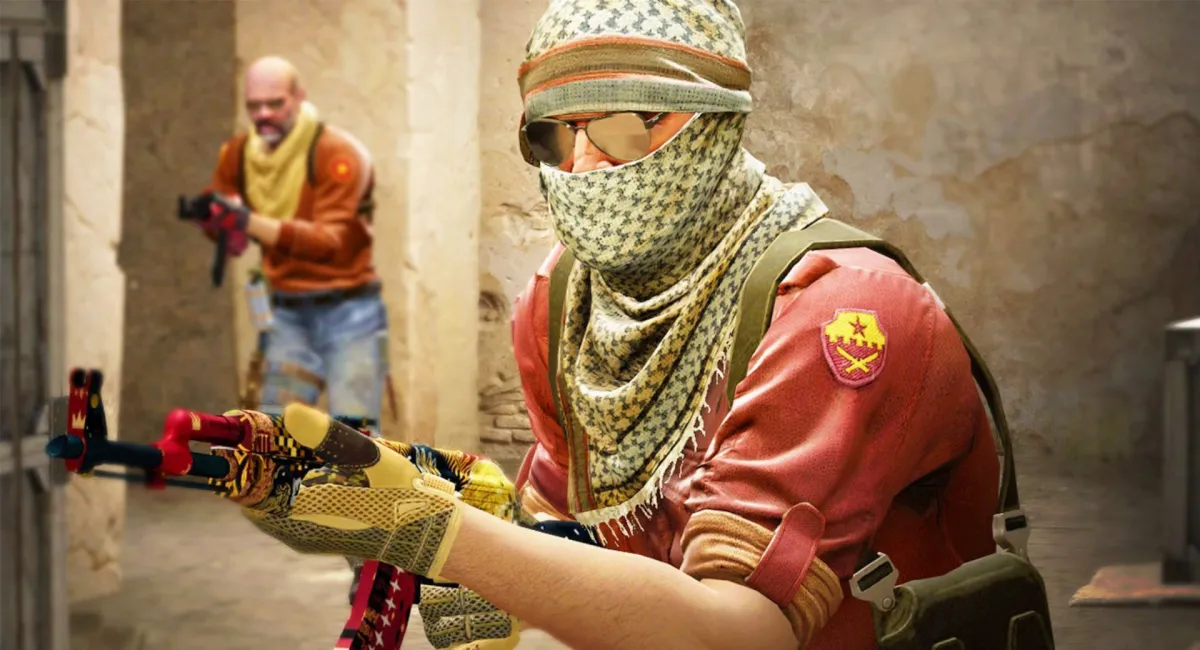
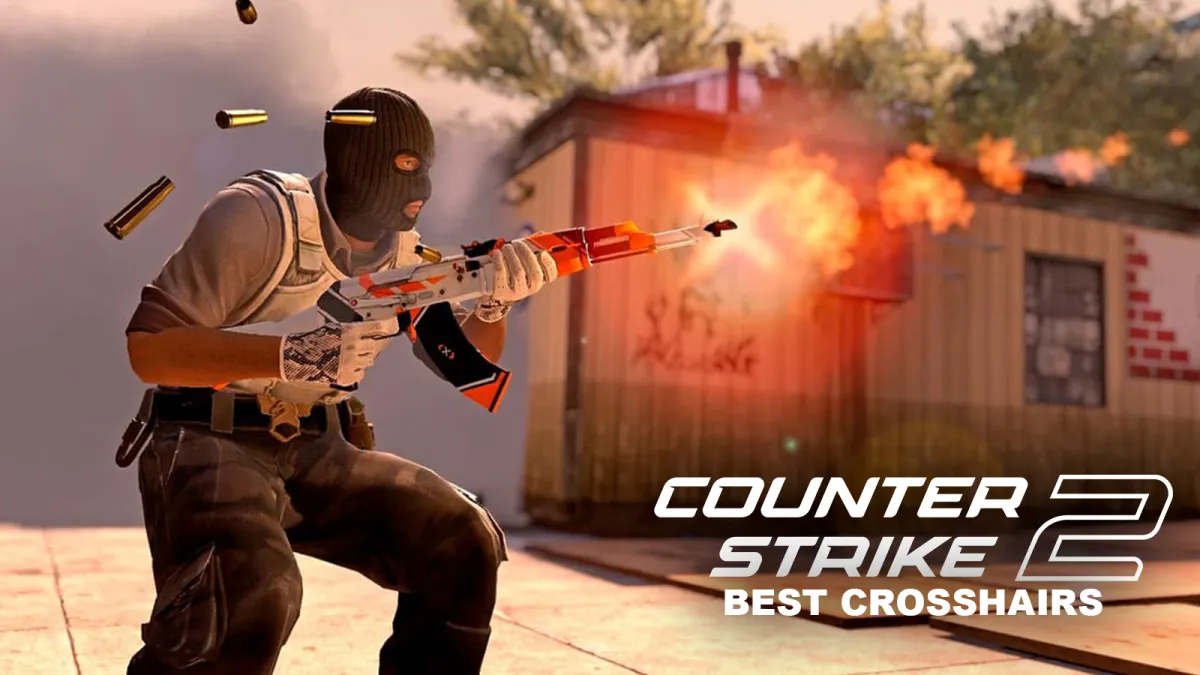
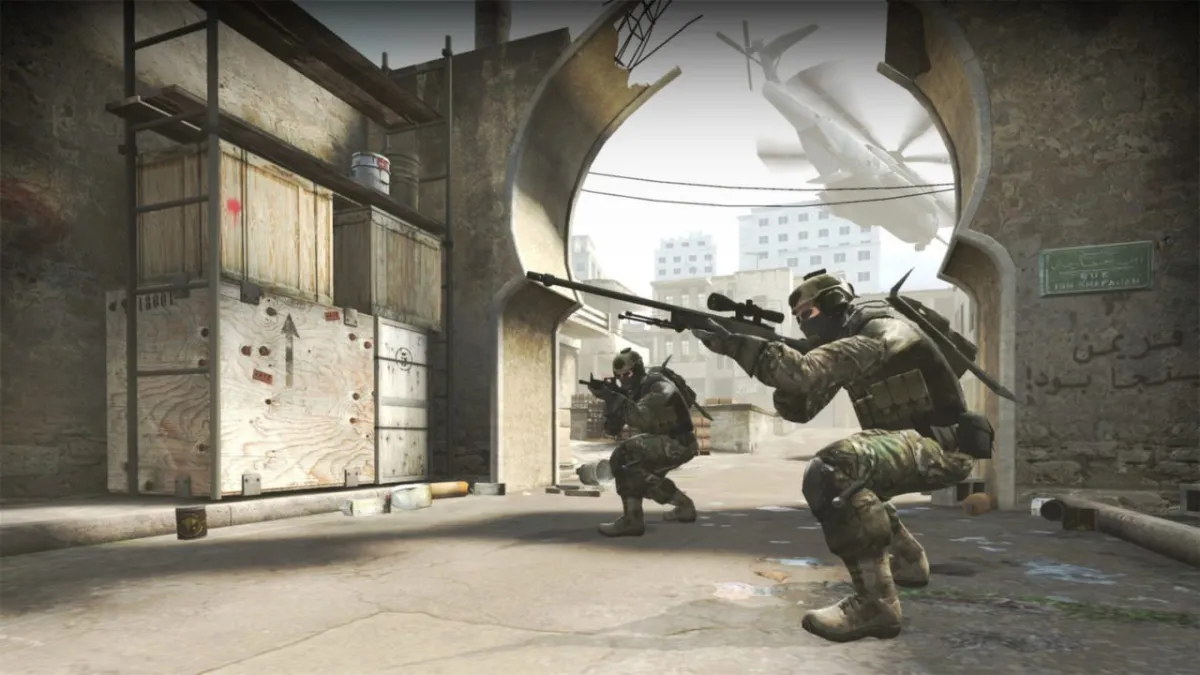



Published: May 2, 2022 02:12 pm